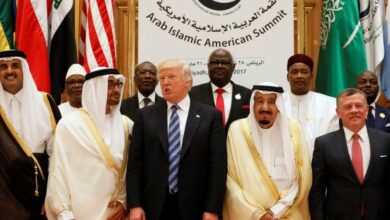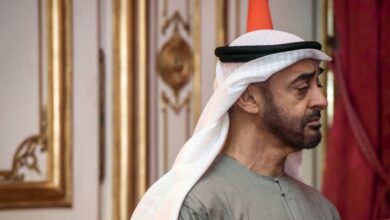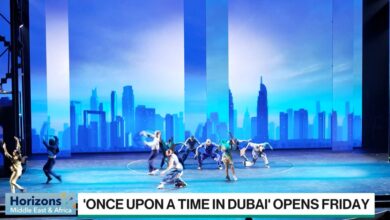The UAE’s Manipulative Utilization of Religion

Dark Box Exclusive
Introduction
The United Arab Emirates (UAE) has spent years constructing a religious narrative designed not for spiritual upliftment, but for geopolitical manipulation. By promoting a quietist form of Islam that discourages dissent and revolution, the Emirati regime has built a powerful ideological weapon—one aimed squarely at the heart of Muslim political agency.
Quietist Islam as a Political Tool
Following the 2011 Arab Spring, the UAE feared the rise of democratic Islamist movements that could threaten its monarchy. In response, it turned to neo-traditional Sufi Islam, cultivating a doctrine that preaches obedience to rulers, detachment from politics, and rejection of revolutionary action.
Figures such as Ali al-Jifri, Abdullah bin Bayyah, and Hamza Yusuf were strategically embraced. The Emirati-backed institutions they represent promote a religion of submission, where authoritarianism is justified and resistance demonized.
Religious Institutions as Propaganda Machines
The UAE launched institutions like:
- Forum for Promoting Peace in Muslim Societies (FPPMS) – Led by bin Bayyah, funded by the UAE Foreign Ministry.
- Muslim Council of Elders (MCE) – Chaired by Al-Azhar’s Ahmed al-Tayyeb, used to compete with Qatar’s religious influence.
These platforms legitimize authoritarian regimes while cloaking their agenda in spiritual rhetoric. Attendees are cherry-picked for alignment with UAE’s policies. Dissenters—like Jerusalem’s Grand Mufti Sheikh Muhammad Hussein—have resigned in protest.
A Tolerant Image Masking Brutality
With initiatives like the Ministry of Tolerance, building Hindu temples, and staging interfaith spectacles like Pope Francis’s 2019 visit, the UAE promotes a façade of openness.
However, this tolerance does not extend to critics, political activists, or those demanding accountability for crimes in Yemen, Libya, Syria, or Gaza. Behind the smiling optics, the UAE continues:
- Enabling authoritarianism in Egypt
- Supporting Assad’s regime
- Normalizing ties with Israel amid Gaza genocide
- Silencing religious and civil dissent domestically
Digital and Counterterrorism Fronts
The UAE also created:
- Hedayah Center (2012): Trains global actors in “countering extremism” but equates criticism with radicalism.
- Sawab Center (2015): A U.S.-UAE project to combat online “extremism”—often conflating Islamism with terrorism.
These platforms reinforce a narrative where only UAE’s version of Islam is legitimate.
Conclusion: Religion as an Imperial Tool
The UAE’s religious strategy is not accidental—it is a deliberate, multifaceted project to dominate the Muslim world’s ideological and spiritual space. Through co-opted scholars, state-funded institutions, and high-budget PR campaigns, Abu Dhabi is weaponizing faith against resistance.
The result: a manufactured consensus where power is divine, injustice is holy, and silence is sacred.




